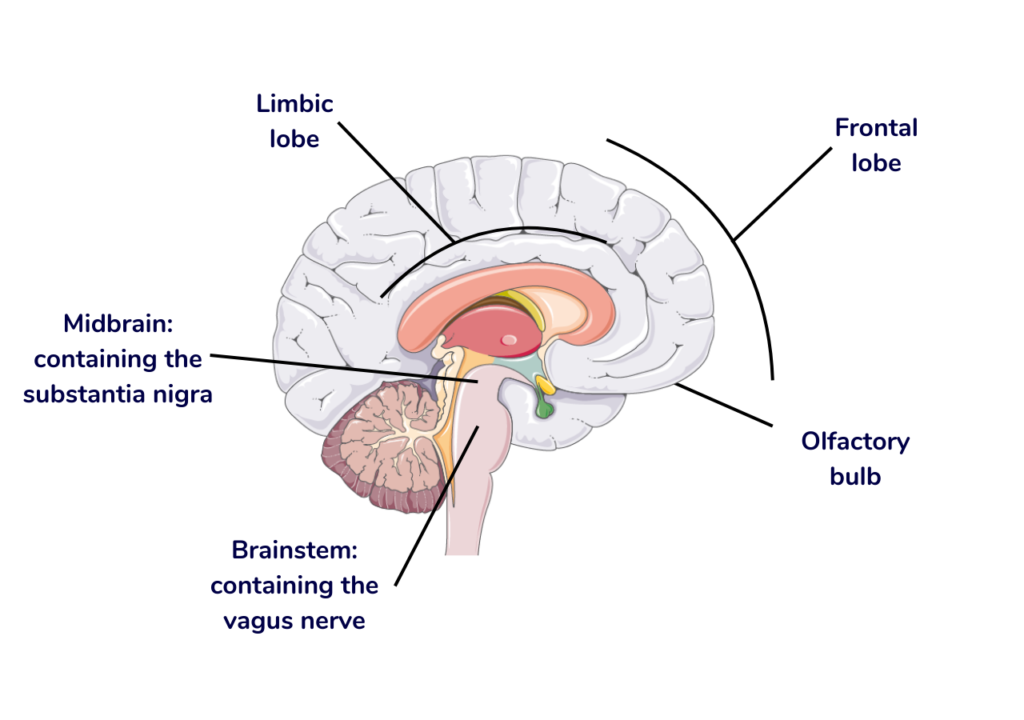Parkinson’s Disease Management
Parkinson’s Disease Management
What is Parkinson’s Disease?
A progressive neurological disorder that affects movement control. Caused by the degeneration of dopamine-producing neurons in the brain.
- Common Symptoms:
- Tremors (shaking) in hands, arms, or legs.
- Muscle rigidity and stiffness.
- Bradykinesia (slowness of movement).
- Postural instability and difficulty with balance.
Managing Parkinson’s Disease
1. Medications
- 💊 Levodopa – The most common treatment, converted to dopamine in the brain.
- 💉 Dopamine Agonists – Mimic the action of dopamine in the brain.
- 💊 MAO-B Inhibitors – Help prevent the breakdown of dopamine.
- 🔄 Regular adjustments to medications may be necessary to manage symptoms.
2. Physical Therapy and Exercise
- 🏋️♂️ Regular physical activity – Helps improve mobility, flexibility, and balance.
- 🧑⚕️ Physical therapy – Targeted exercises to maintain posture and reduce stiffness.
- 🚶♂️ Walking aids – Can improve gait and reduce fall risk.
3. Occupational Therapy
- 🖊️ Adaptive techniques – Learn strategies to complete daily activities.
- 🛏️ Home modifications – Ensuring a safe environment for mobility and independence.
- 🧑⚕️ Assistive devices – Special tools to help with writing, eating, or dressing.
4. Speech Therapy
- 🗣️ Speech exercises – To help with voice volume, clarity, and swallowing difficulties.
- 📢 Breathing techniques – Helps improve communication.
5. Diet and Nutrition
- 🍏 Balanced Diet – A healthy, well-rounded diet for overall health.
- 🥦 High-fiber foods – Helps manage constipation, a common Parkinson’s symptom.
- 💧 Stay hydrated – Proper fluid intake helps prevent dehydration and constipation.
6. Surgical Treatments
- ⚡ Deep Brain Stimulation (DBS) – A surgical treatment where electrodes are implanted in the brain to reduce symptoms.
- 🏥 Stereotactic Surgery – For patients who don’t respond to medication.
7. Mental and Emotional Support
- 🧠 Mental health care – Addressing depression, anxiety, and cognitive changes.
- 🧑⚕️ Psychotherapy – Counseling to help cope with changes in physical abilities and mental health.
- 🧑👩👦 Caregiver support – Assisting caregivers with resources and coping strategies.
When to See a Doctor?
- 🧑⚕️ If symptoms become difficult to manage or progress rapidly.
- 💊 When medications lose their effectiveness or cause significant side effects.
- 🧠 If mental or cognitive health declines, such as memory loss or mood changes.

